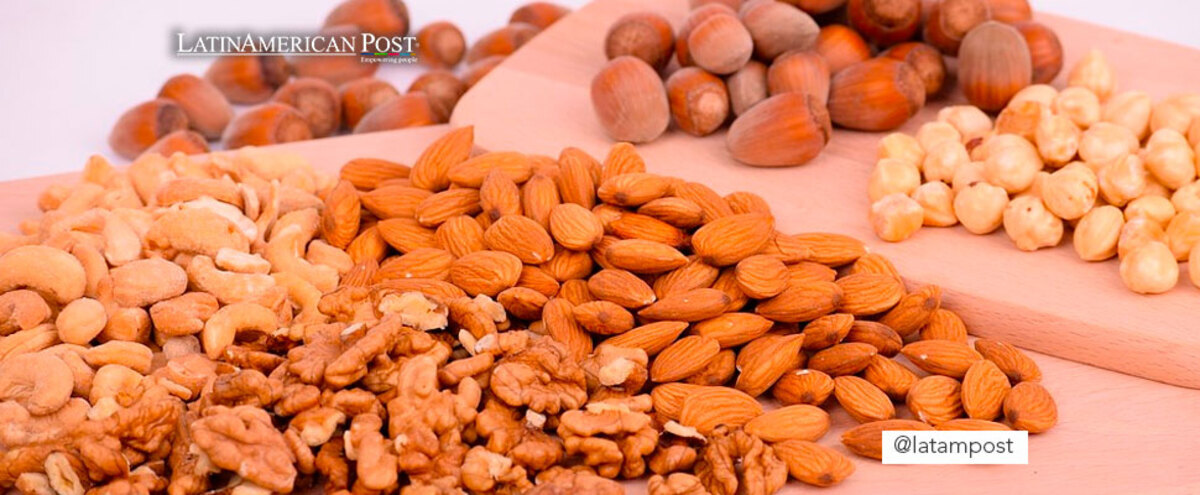Almonds: The Superfood With More and More Properties
Almonds are an excellent option to include in a healthy diet due to their high content of essential nutrients such as protein, healthy fats, and fiber. We tell you about the latest findings of its benefits.

Photo: Pixabay
LatinAmerican Post | Brandon Martínez Salazar
Escucha este artículo
Leer en español: Almendras: el superalimento al que cada vez le encuentran más propiedades
Almonds are a type of nut that has many properties due to its high content of essential nutrients. They are a remarkable source of protein, healthy fats, and fiber, making them an unbeatable choice for vegetarians or vegans looking for an alternative protein source. Additionally, they contain a wide variety of essential vitamins and minerals, including vitamin E, magnesium, and zinc.
Likewise, studies have shown that the consumption of almonds can help reduce the risk of cardiovascular diseases, improve vascular health and reduce LDL cholesterol levels. On the other hand, almonds have been found to help control appetite and promote weight loss. This is due to its high content of healthy fats and fiber, which satisfy hunger.
Reduced inflammation and oxidative stress from exercise
A recent study from the Department of Food Sciences, Bioprocessing and Nutrition at North Carolina State University, looked at the effect of consuming almonds on recovery after intense exercise. The participants were divided into two groups, one that received almonds and the other that was a control.
Intense exercise caused muscle damage, muscle soreness, inflammation, reduced strength, and power performance in both groups. However, the almond group was found to have reduced post-exercise fatigue and tension, higher levels of leg strength, and lower levels of an enzyme linked to muscle damage immediately and one day after exercise compared to the control group. These results suggest that almond consumption may have a beneficial effect on recovery after intense exercise.
We recommend you read: 2023 Will be the International Year of Millet
Almonds helps control lipids and sugar
An investigation carried out by scientists from the Shiraz University of Medical Sciences, published in the Phytotherapy Research journal, analyzed the effects of consuming almonds in patients with type 2 diabetes. This, in order to determine if this food could help control the sugar.
Patients with type 2 diabetes are at increased risk of cardiovascular disease, even when they control their blood sugar. However, the study found that almond consumption resulted in a significant reduction in LDL cholesterol (bad cholesterol) compared to the control group. Although no beneficial effects on other cardiovascular risk factors were found, the researchers recommend that more high-quality studies are needed to firmly establish the efficacy of almonds in improving health in patients with type 2 diabetes. However, the results also suggest that the intake of almonds is still important to control bad cholesterol.
This is not the only study that has found benefits of almond consumption to take care of cardiovascular health. Multiple research suggests that almonds may help reduce the risk of heart disease. A study published in the Annual Review of Food Science and Technology found that people who ate almonds as part of a healthy diet had a significantly lower risk of heart disease than those who did not.
Almonds, in addition to being rich in protein, contain small amounts of calcium, iron, and other essential minerals. These nutrients are essential for bone health and maintaining a strong immune system.
Overall, these nuts are a healthy and versatile food that offers a variety of health benefits. They can be eaten on their own as a healthy snack, added to salads, yogurt, or oatmeal, or used to make almond butter. However, due to their caloric intake, it is also important to consume them in small portions.




